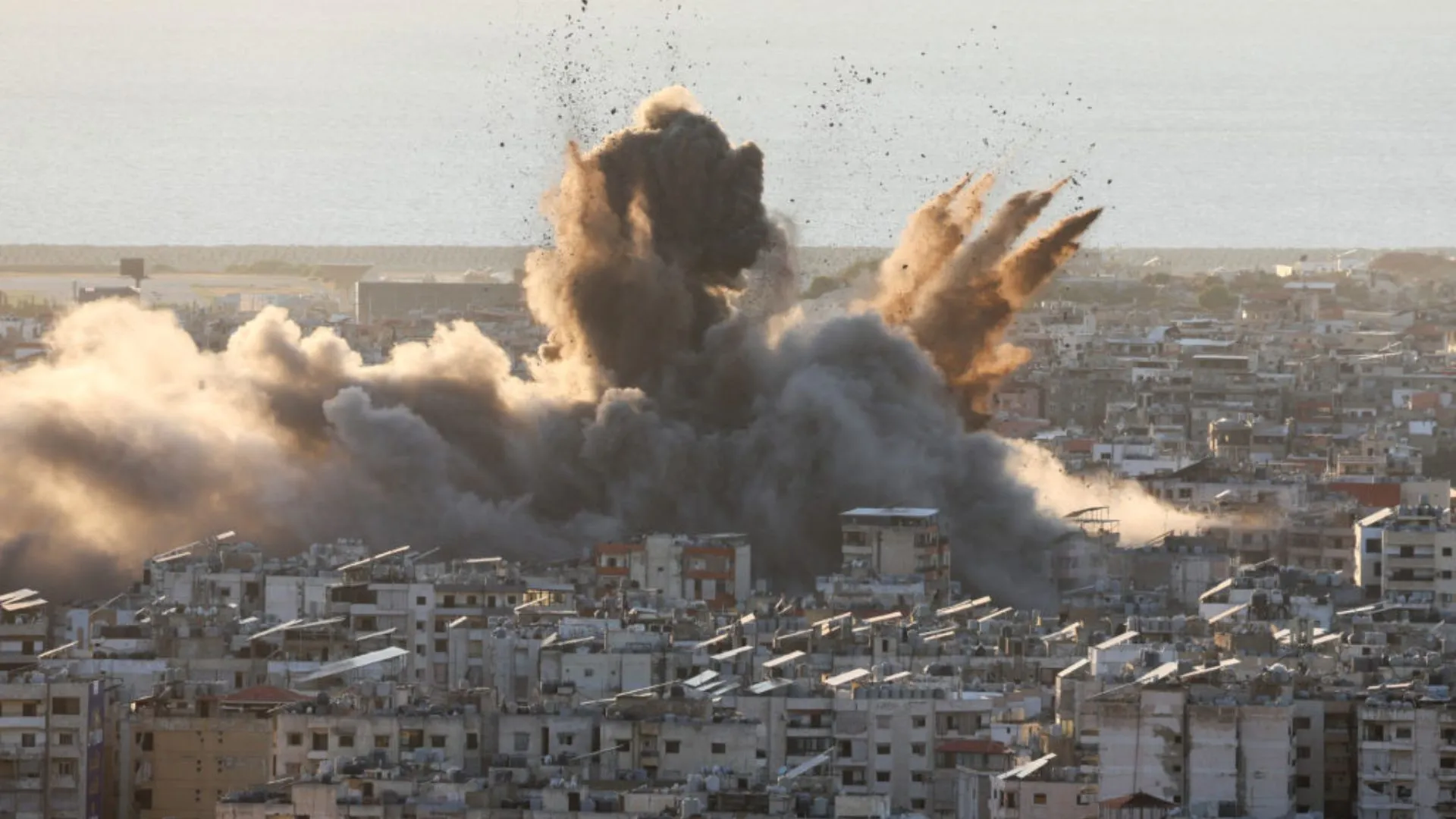An Israeli airstrike on Iran’s Parchin military complex at the end of October has significantly hindered Iran’s ability to pursue nuclear weapons development, according to two senior Israeli officials. The strike destroyed key equipment necessary for shaping and testing the plastic explosives used to encase uranium in a nuclear device, a critical step in initiating a nuclear chain reaction.
Destruction of Critical Equipment
The sophisticated equipment, which had been used by Iran until it froze its military nuclear program in 2003, was a crucial part of the nation’s ability to develop nuclear devices. If Iran chooses to resume its nuclear weapons program, it would need to replace this equipment, which could be a difficult and time-consuming task, officials said. “This equipment is a bottleneck. The Iranians are stuck without it,” one senior Israeli official stated.
Iran’s Resumed Nuclear Research
Over the past year, Iran has resumed certain scientific activities that could lay the groundwork for the development of nuclear weapons, according to American and Israeli officials. However, these activities have not yet resulted in concrete steps toward building a bomb, and they could also be framed as civilian research, the officials noted.
“They conducted scientific work that could lay the groundwork for nuclear weapons production. It was highly secretive, known only to a small part of the Iranian government,” an American official explained.
The Taleghan 2 Facility and Its Role
The Taleghan 2 facility within the Parchin complex was previously used by Iran for testing explosives required for nuclear devices. This activity ceased when Iran suspended its military nuclear program in 2003, and the equipment destroyed in the recent strike had been stored at the site since that time.
This equipment was not directly involved in Iran’s recent nuclear research activities, but it would be critical if the country decided to pursue nuclear weapons again. “This is equipment the Iranians would need if they wanted to move towards a nuclear bomb. Now, they don’t have it, and finding an alternative won’t be easy. We would see any such effort,” said a senior Israeli official.
Israel’s Strategic Strike and U.S. Diplomatic Pressure
When Israel planned a retaliatory strike in response to Iran’s missile attack on October 1, it targeted the Taleghan 2 facility, which was not part of Iran’s declared nuclear program. President Biden reportedly advised Prime Minister Netanyahu not to target Iranian nuclear sites to avoid escalating tensions with Iran into a full-scale war. However, since the Taleghan 2 facility was not officially acknowledged by Iran as part of its nuclear program, Tehran could not publicly admit the damage without violating the Nuclear Non-Proliferation Treaty.
The strike, according to American officials, also sent a clear signal about Israel’s intelligence capabilities. “The strike sent a not-so-subtle message that Israel has significant access to what is happening in the Iranian system, even with activities kept secret and known only to a very small group in the Iranian government,” one official remarked.
ALSO READ: Private Jet Costs Reached $2.6M For Harris’ Campaigns In Final Weeks Before Election




